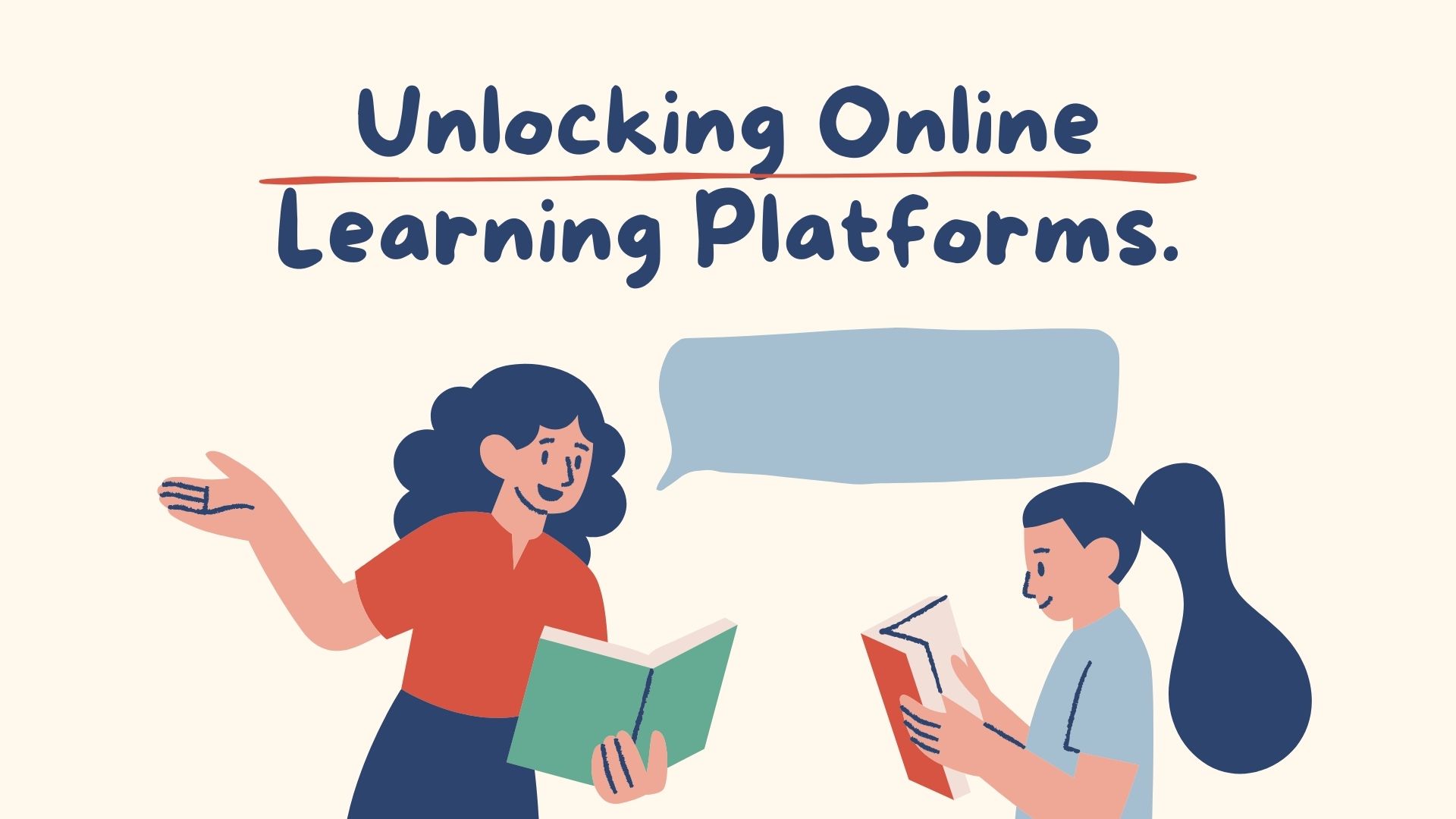
Like any other online platform, one designed for learning represents a webspace or portal abundant with educational content and resources. This course content can be divided into different topics or subjects. It is typically uploaded to the platform by the course instructor or teacher, depending on the institution you’re signed up with. An e-learning platform can be restricted by the membership (only those who are registered to it can access it), but it can also be free to access for anyone wanting to learn. The benefits of an online course platform are that both students and teachers can track the students’ progress through the course material, and everything is neatly organized in one place. Additionally, students may also have an option of interacting with each other on the platform.
There are different types of online learning platforms: Learning Destination Sites (LDS), Learning Management Systems (LMS), and Learning Management Ecosystems (LME). LDS is a site where many different course creators offer their learning material. It’s sort of like Amazon, only for online education. LMS is a software used internally within a specific organization or institution. Every school or university may have a different LMS platform based on the type of courses they offer. LME is an extensive online learning tool that encompasses several software solutions, usually reserved for large organizations, schools, or universities that offer many online degree programs and learning resources.
Using an online training platform should be no different than logging onto a social network. You will have to sign up with a username or email and password. Check whether you have live lectures to attend at specific times. If not, your entire course material may be available to you to watch or listen to at your own pace. Make sure to confer with your professor or educator about completing assignments. This can be done through the learning platform itself, video conferencing, submitting assignments by email, or some other way. If you have deadlines to complete your coursework, it will all likely be outlined in the platform, but it wouldn’t hurt to contact the instructor just in case.
The beauty of a virtual classroom is that you can learn practically anything! Some programs require practical skills, such as training to become a healthcare worker or a tradesperson. However, most theoretical knowledge can easily be obtained through online learning. Some of the most popular courses are those for the IT industry, such as computer science and data science courses. Digital marketing is also a popular topic these days, as well as all different kinds of management. You can also find courses to improve your soft skills, such as communication, leadership, teamwork, organization, and similar skills that aren’t necessarily tied to a specific job or career. Additionally, you can sign up for an online learning experience to pick up a new hobby, such as digital painting, pottery, learning a new language, cooking, or others.
Remote learning platforms are the future of education. Even after the global health crisis is over, there will likely be a surge of students looking to improve their knowledge and career through self-paced online training. A significant advantage of online learning is that you can learn anything you want! You can advance your academic career or choose to study something else entirely. You can polish your soft skills or take those art or music production lessons you’ve always wanted to attend.
